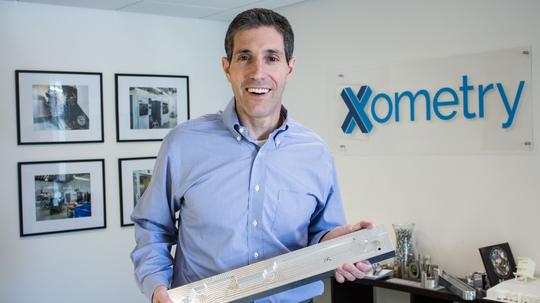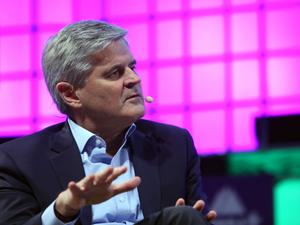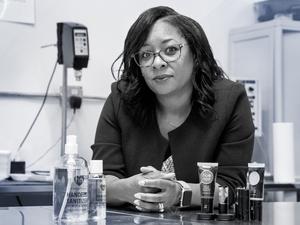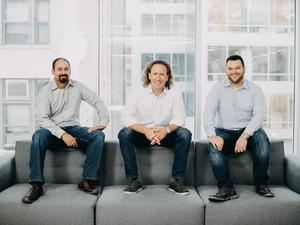
Startups nationwide brought in near record amounts in funding in the third quarter of 2020 — just not in Greater Washington.
The $36.5 billion raked in by startups across 1,461 deals nationwide represents the second-best quarter ever recorded by the PwC & CB Insights MoneyTree report going back to 1994, only beaten by the fourth quarter of 2018, when startups raised $40.46 billion in funding.
But locally, startups only brought in $368 million in funding, according to MoneyTree data for the D.C. and Baltimore regions combined, just a bit more than half of the $700 million brought in the second quarter of 2020 and less than the first quarter of 2020.
The region’s quarterly average since 2015 is about $438 million.
The third quarter also brought in one of the lowest shares of venture funding the region has received, with dollars raised locally accounting for just barely more than 1% of nationwide funding.
That is the lowest quarter in terms of share since the third quarter of 2017, when the Baltimore-Washington region garnered just 0.8% of venture dollars. The region's lowest-share quarter to date was the second quarter of 2012, when the region pulled in 0.68% of total venture dollars.
The region’s total share has been trending downward for years. In the late 1990s, local startups routinely capturing more than 5% of the total national funding, but that has slowly dropped. Now, the region rarely breaks above 2% of the total.
Why?
In part, it's because the dollars are driven by late-stage growth equity rounds, said venture capitalist and PROOF Managing Partner John Backus, adding that late-stage dollars continue to go up while seed stage funding was largely down.
“Our region has not had a ton of success in driving enough companies from early-stage funding to growth equity funding. So our dollar numbers are way down,” Backus said, though he could not point to a comprehensive reason behind that.
He said the total number of early-stage funding deals nationally was down by 25%, and early-stage funding dollars down by 33% in the first half of 2020 — but late-stage funding was up 25% during the same time period.
For Jonathan Aberman, dean of Marymount’s School of Business and Technology, it is the region's lack of product-focused startups. There are more service-driven companies that dominate the region, he said.
Leading the pack nationally for new funding is Elon Musk’s spaceflight company SpaceX, which raised $1.9 billion in funding, and gaming powerhouse Epic Games, which makes Fortnite and other games, which raised $1.53 billion.
Venture capitalists are looking for companies with the potential for explosive growth, and often that means products. Those the region does build — think, ed-tech company Blackboard — become nationally recognized and are often acquired before reaching those later stages, Aberman said.
That doesn’t mean the region doesn’t produce great startups or great products either. But a lot of the innovation that does occur is focused on federal government-related research, and not on commercial applications, he added.
“We have a lot of people in this town doing robotics and artificial intelligence, but a lot of it is federally focused,” Aberman said. "It’s neither good nor bad, it’s the nature of the region."
The top deals for the third quarter in the D.C. and Baltimore regions were:
- $75 million: Xometry (Gaithersburg), on-demand manufacturing startup
- $56 million: OncoImmune (Rockville), biopharmaceutical company
- $27.25 million: Mindoula Health (Silver Spring), a health management firm
- $25 million: Facet Wealth (Baltimore), financial planning startup
- $18 million: Whitebox (Baltimore), logistics platform
- $16 million: RangeForce (Manassas), cloud-based cyber training platform
- $16 million: Class for Zoom (D.C.), an online learning platform
- $15.8 million: Ledger Investing (D.C.), an insurance investing platform
- $14 million: Aquicore (D.C.), utility and energy management platform
- $8 million: Till (Alexandria), financial services for rental properties




